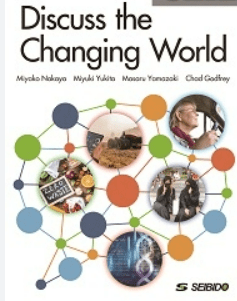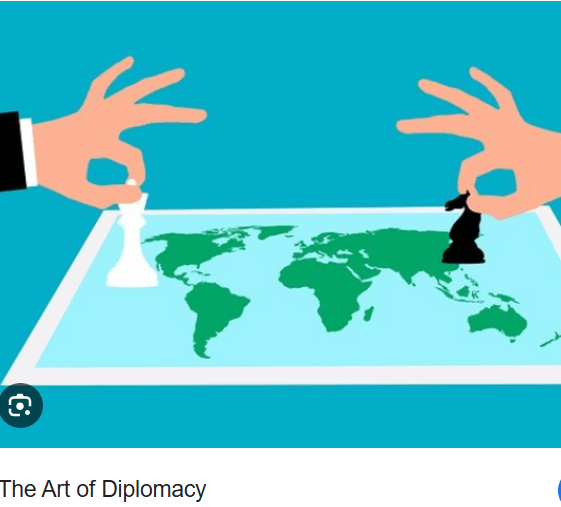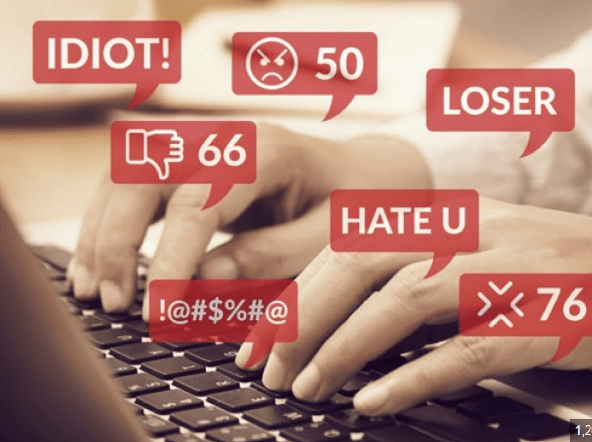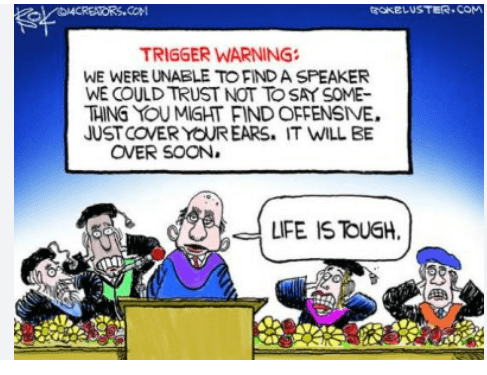
Our last meeting before summer break was held as usual at Javea Social Centre. The core 10 members were attending despite the heat, when quite a few left for cooler countries, or had visitors. The subject is very broad, and we tried to narrow it to a few main questions:
- Why have traditional diplomacy and negotiation broken down in many global crises?
- Has social media damaged the space for meaningful disagreement?
- Can we still talk across deep ideological divides?
For the first question, we drew on insights from various political and geopolitical analysts. The general view was that diplomacy isn’t dead — it’s just being sidelined. Not because it no longer works, but because in today’s world of moral outrage, viral headlines, economic sanctions, and growing tensions between major powers, real negotiation has become politically inconvenient. Talking things through doesn’t grab attention or win points like taking a hardline public stance does.

We had a lot of focus on the US and the latest events in Iran and Israel, not forgetting the Gaza situation. For the latter, it was noted that the West gave up on the moral values, which are so much emphasised in other cases. Hypocrisy was mentioned quite a few times.
Talking about discussions and diplomacy needed to understand Iran, the US didn’t make serious attempts, and, as always, fully supports Israel and its actions. It was noticed that Netanyahu needs to keep the war going against Hamas/Iran, or he loses his position and faces trial/prison.
Polarisation over crises in the Middle East and other contentious issues in Western public life has grown increasingly irrational, making productive discussion difficult, largely because of the negative impact of social media.

It was hard to ignore the role of platforms like X (Twitter), Facebook, TikTok, and even newer ones like Truth Social. Leaders now use these to broadcast their version of events directly to the public. The problem? Most people don’t question it. Few double-check facts or seek out other views.
The algorithms platforms use to feed us the same emotional content — outrage, mockery, moral panic — because that’s what makes money. This is why it was mentioned that Gen Z today believe all news is fake and they don’t watch news programmes or believe anything they see or read on screen.
It used to be that universities were a place where different opinions could be discussed and challenged openly. Now, we’re seeing researchers and academics afraid to speak out — some even losing their jobs for expressing controversial views. Cancel culture, in both media and academia, has replaced honest debate with fear and silence.

That brings us to the last and maybe most difficult question: Can we still talk to people who think very differently from us?
Interestingly, science gives us some hope. Psychology and neuroscience tell us that people can change their minds — but not through facts alone. Real change happens when people feel safe, seen, and respected. Only when we lower our psychological defences can we truly hear each other. It takes time, empathy, and a willingness to connect, even when we disagree
It’s not an easy road, but if we want a healthier, more honest society, that’s the path we have to take.
